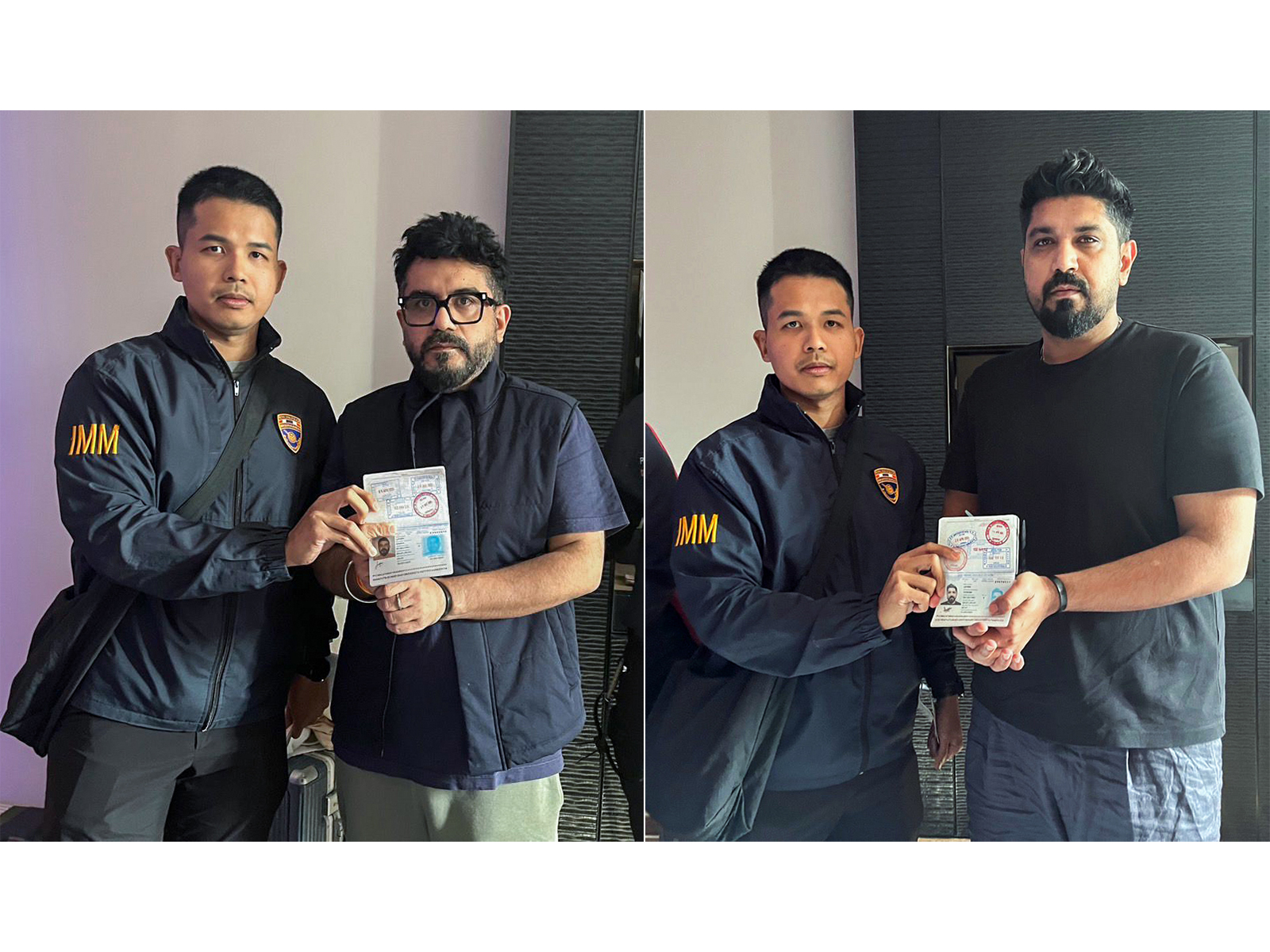ADAFSA, WHO organise National Training Workshop to assess burden of foodborne diseases
Feb 16, 2024

Abu Dhabi [UAE], February 16 (ANI/WAM): The Abu Dhabi Agriculture and Food Safety Authority (ADAFSA), in collaboration with the World Health Organisation (WHO), organised a national workshop on estimating the burden of foodborne diseases as part of their joint efforts to improve food safety and protect public health.
The workshop, which was attended by experts and specialists from relevant government agencies across the country, aimed to build national capacity to use internationally standardised methodologies to assess the burden of foodborne disease.
This will align with the best international standards and ultimately improve food safety at the national level.
In her opening remarks, Mouza Suhail Al Muhairi, Deputy Director-General for Regulatory and Administrative Affairs at ADAFSA, expressed her appreciation for the effective collaboration between ADAFSA and WHO in managing food risks and addressing food safety challenges.
Al Muhairi said, "Our collaboration with WHO in this workshop provides an important opportunity for all relevant authorities in the UAE to support efforts to estimate the burden of foodborne diseases.
Understanding WHO's methodology will help map the country's overall health landscape, paving the way for the necessary steps to reduce the risk of foodborne diseases and establish a safer food system."
"By leveraging national expertise and WHO experts, we aim to achieve several goals, including contributing to the Abu Dhabi government's vision for global leadership in food security, gaining international recognition for the burden estimation study aligned with UN standards, and empowering national studies for more efficient resource allocation in prevention, intervention, and control measures," she added.
Elaine Borghi, WHO Representative, emphasised the workshop's importance in strengthening international cooperation in food safety, stating "Foodborne diseases are a significant global public health concern, with estimated annual economic losses of around US$110 billion. At WHO, we are committed to reducing the burden of foodborne diseases through our food safety strategy adopted by Member States in 2022."
She explained, "Since 2021, WHO has been working with the Foodborne Disease Burden Epidemiology Reference Group (FERG) to develop global estimates that are expected to be released in 2025 for relevant sectors, decision-makers, and consumers, to stimulate action to reduce foodborne diseases."
She thanked ADAFSA for its considerable support in organising the meeting and the national workshop and looked forward to its contribution to crystallising national estimates of the burden of foodborne disease in the UAE.
At the end of the workshop, the Deputy Director-General of ADAFSA honoured the speakers of the workshop and presented the training certificates to the trainees.
This workshop is part of the joint efforts by ADAFSA and WHO to strengthen international cooperation in food safety, aligning with the WHO Global Strategy for Food Safety 2022-2030. In April 2021, ADAFSA's Committee on Agricultural and Food Risk Assessment adopted the proposal to estimate the burden of foodborne diseases.
This estimate is in line with the World Health Assembly's request to WHO to regularly monitor and report to Member States on the global burden of foodborne diseases. WHO encourages all countries to work on developing their estimates.
Estimates of the burden of foodborne disease play a crucial role in prioritising food safety and assessing risk.
Through its partnership with WHO, ADAFSA aims to play a key role in realising the Abu Dhabi government's vision of global leadership in food security.
This includes training local and national experts to assess the burden of foodborne disease, and seeking international recognition for the burden assessment study by aligning it with UN standards.
The collaboration also aims to strengthen the national burden of disease studies to ensure a more efficient allocation of resources for prevention, intervention and control.
In addition, ADAFSA aims to use standardised international methodologies to facilitate the exchange of expertise, compare estimates and improve both food safety policy and the national food safety system.
Furthermore, the objectives encompass improving the documentation and reporting of foodborne diseases, establishing efficient communication channels and facilitating cooperation with local, federal and international stakeholders in the event of emergencies, crises, disasters and cybersecurity incidents.
The objectives also include establishing effective communication channels with local, regional and international networks and bodies involved in agricultural and food risk assessment, and developing and updating the institutional and sectoral risk management framework and system.
This should be done while ensuring business continuity through coordinated efforts with internal and external parties. In addition, the promotion of a comprehensive risk management culture is a key objective. (ANI/WAM)



















